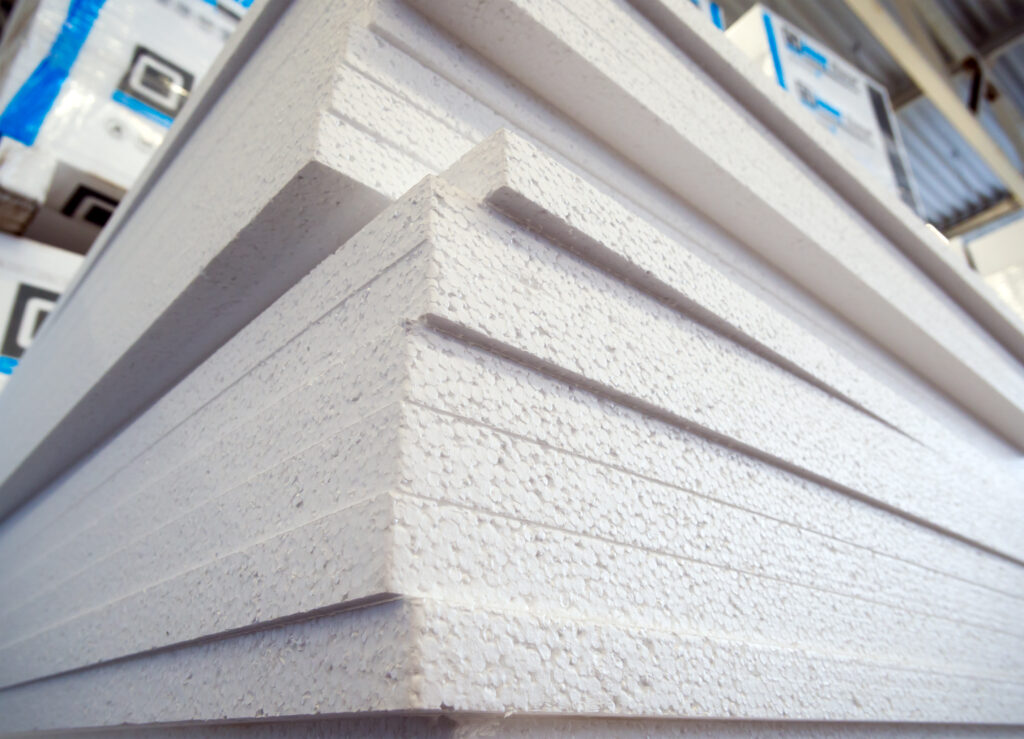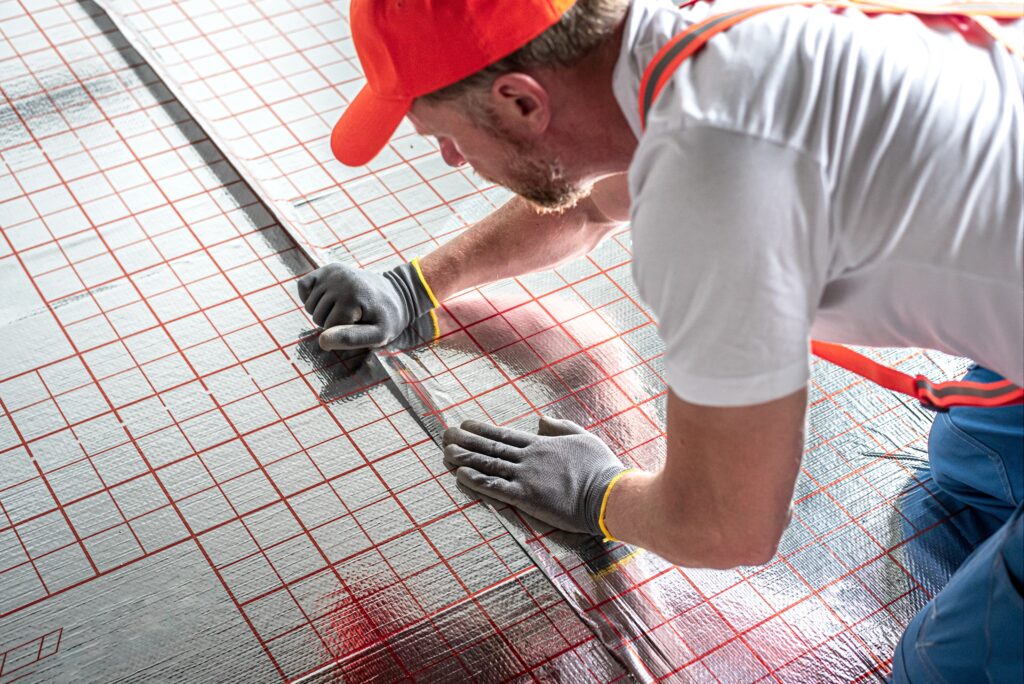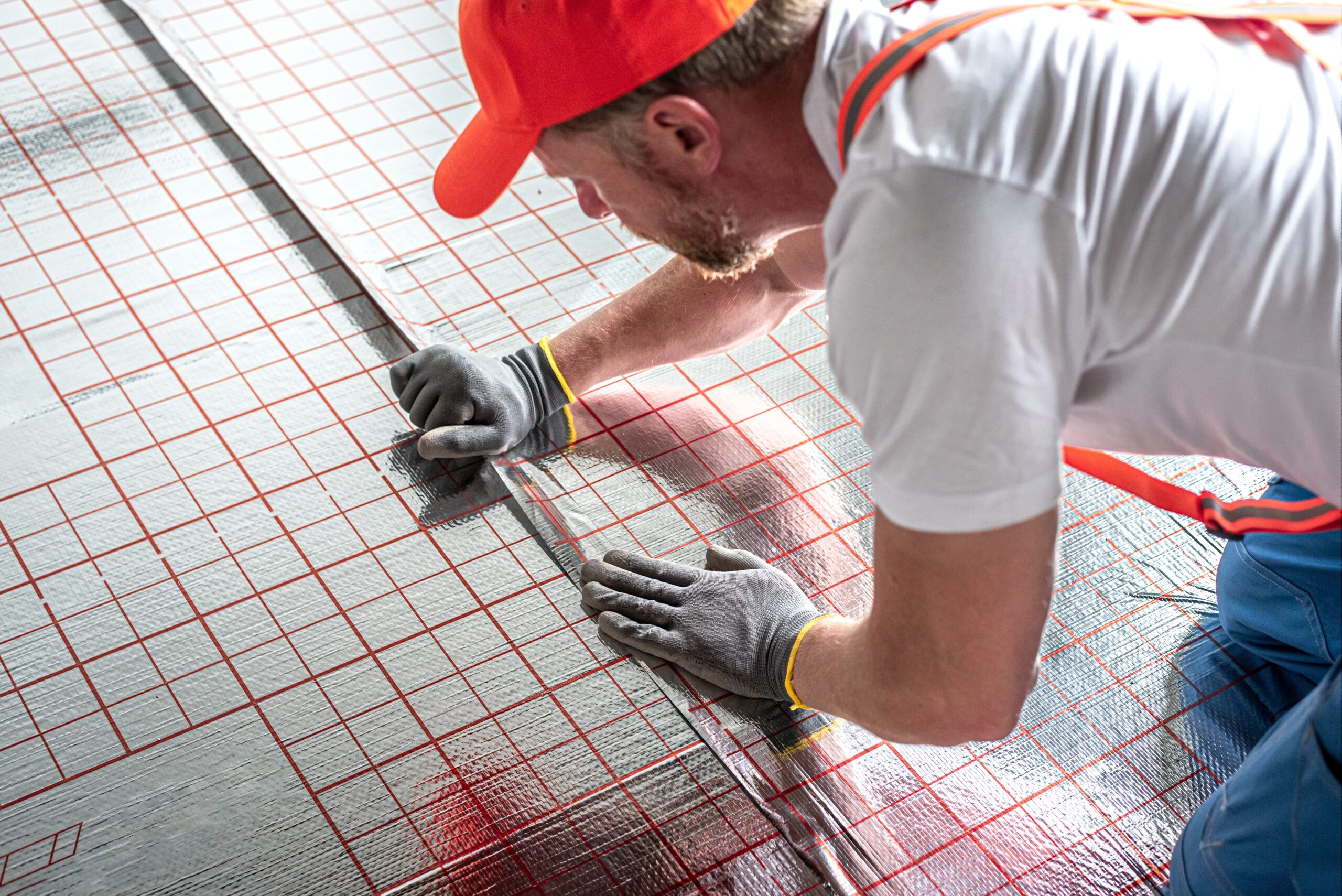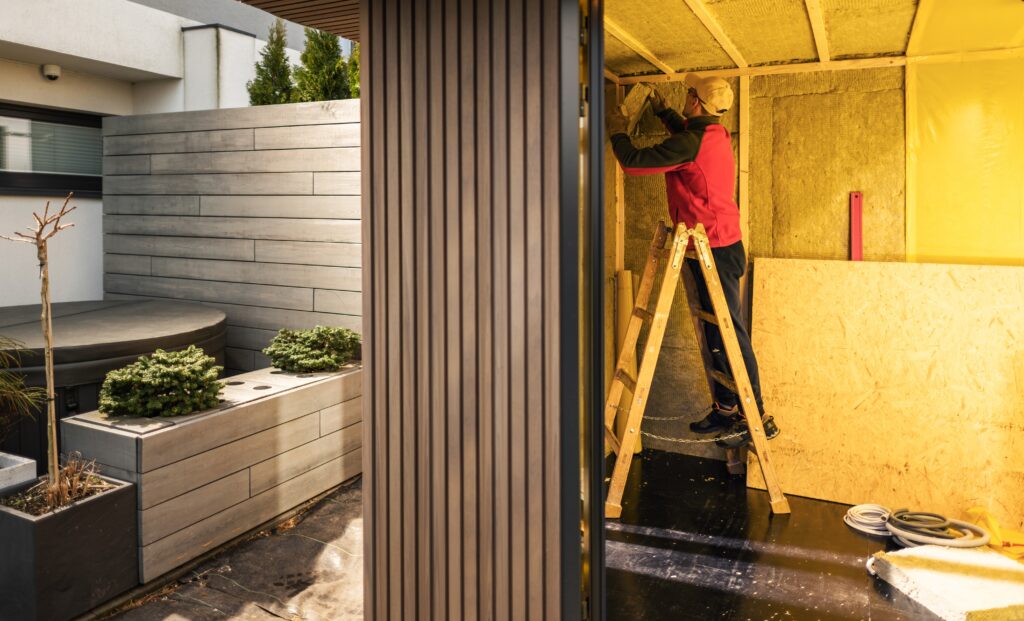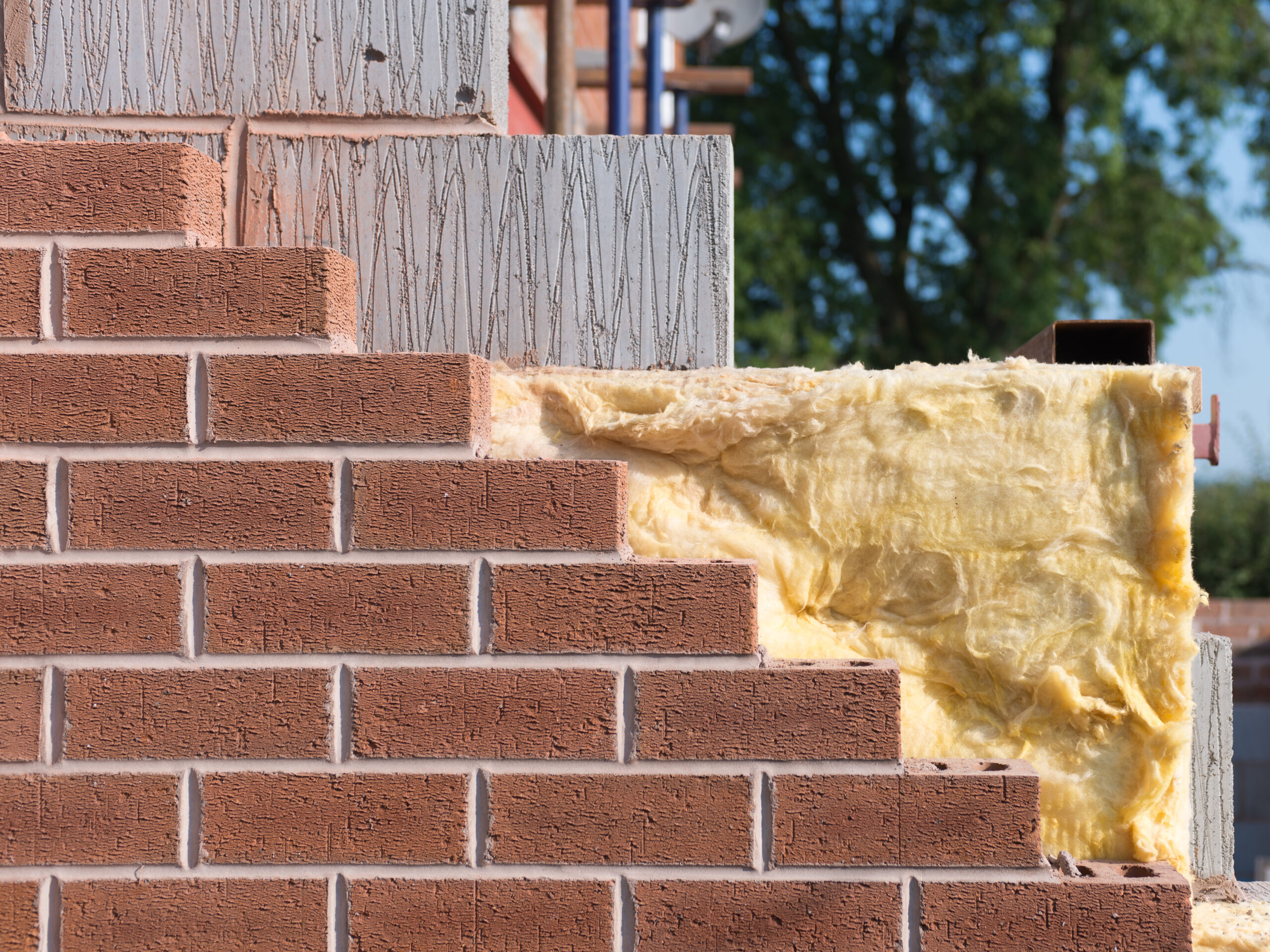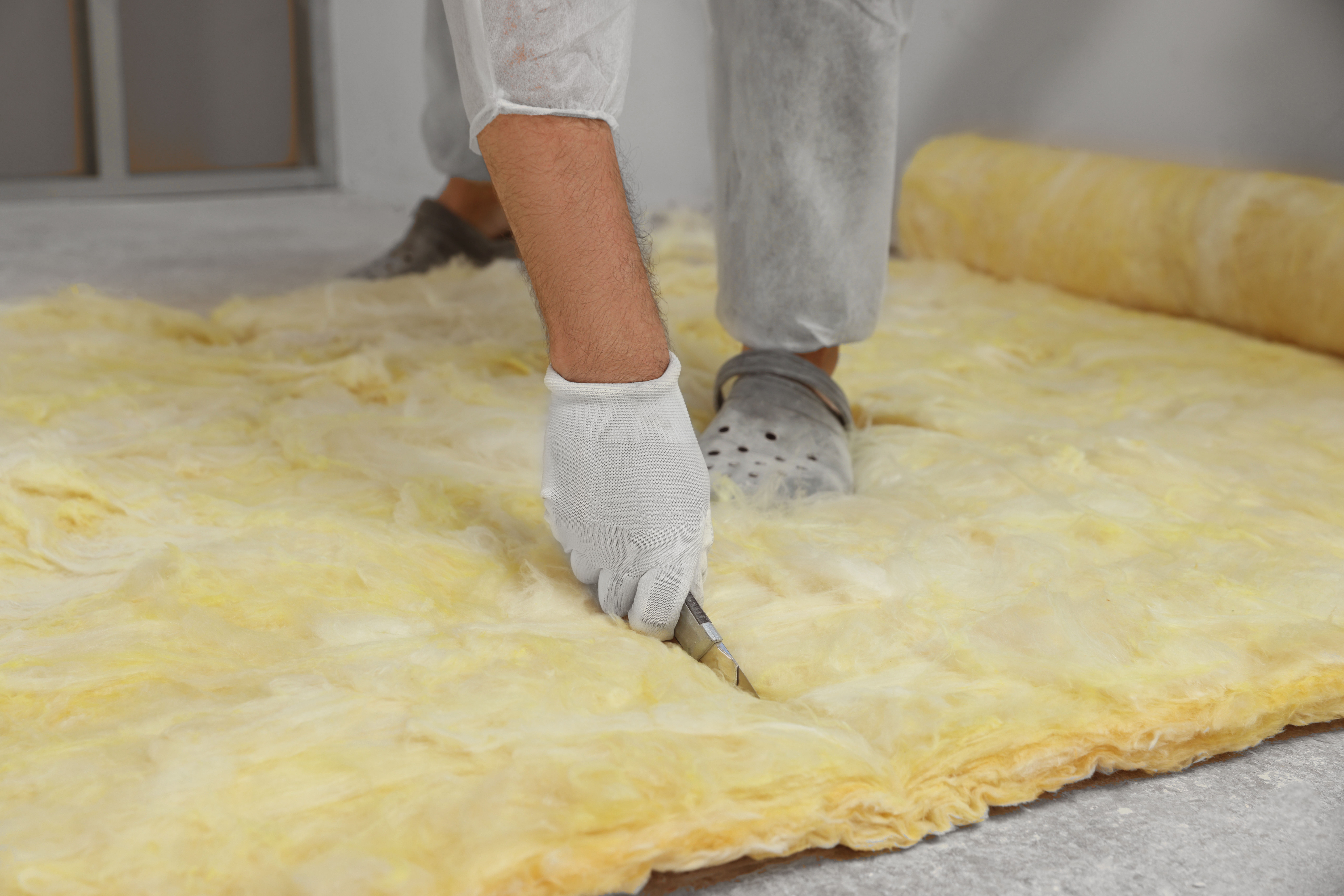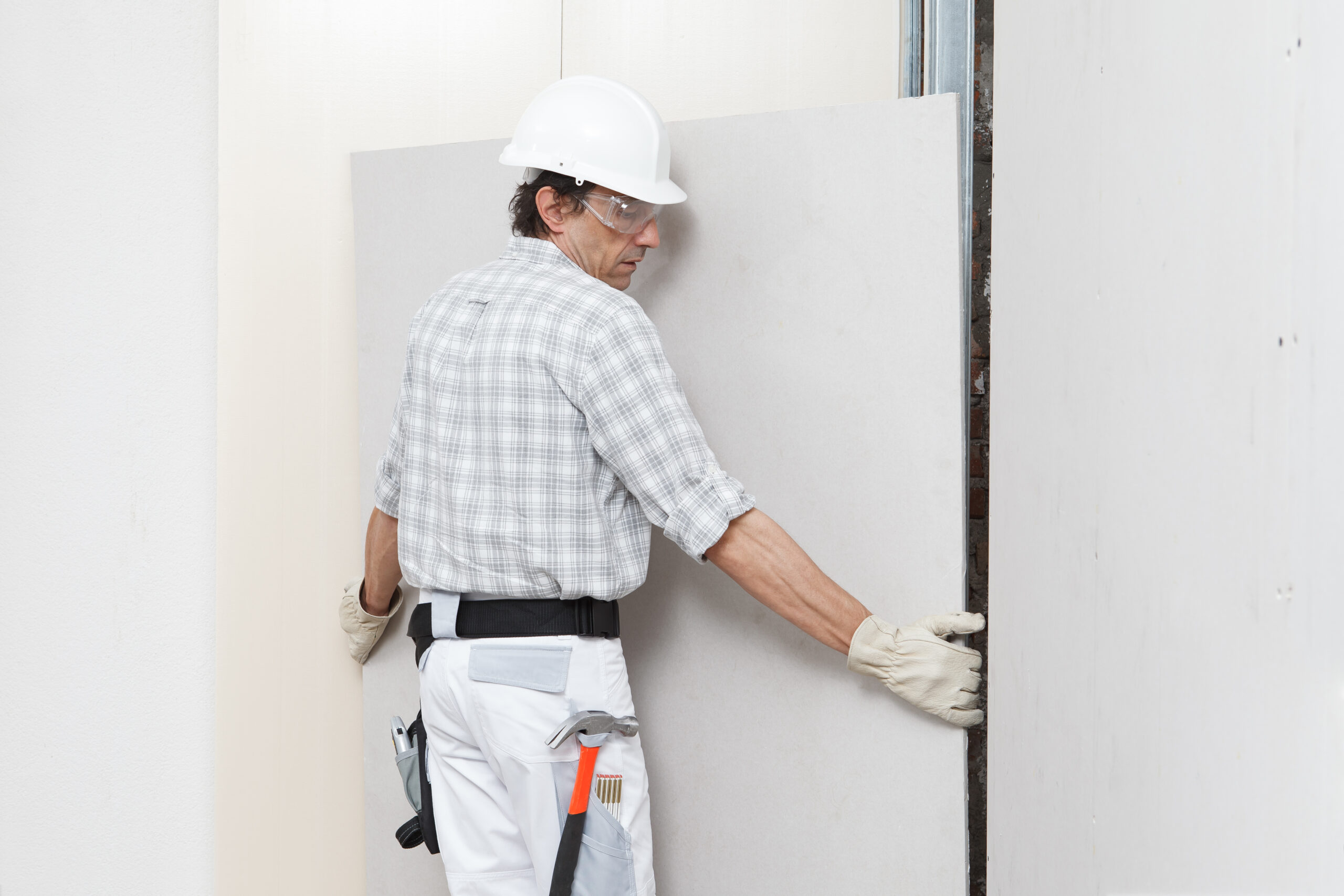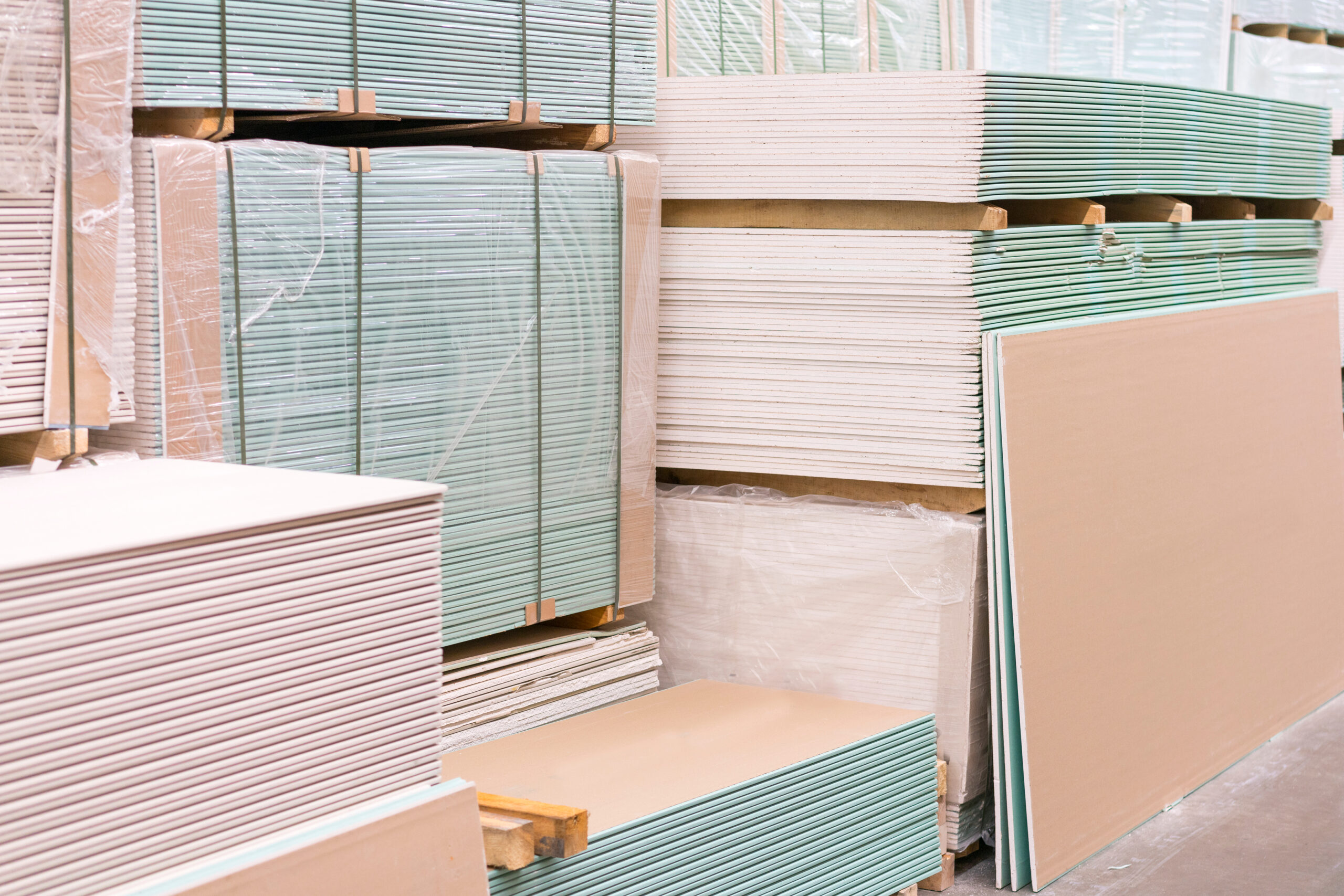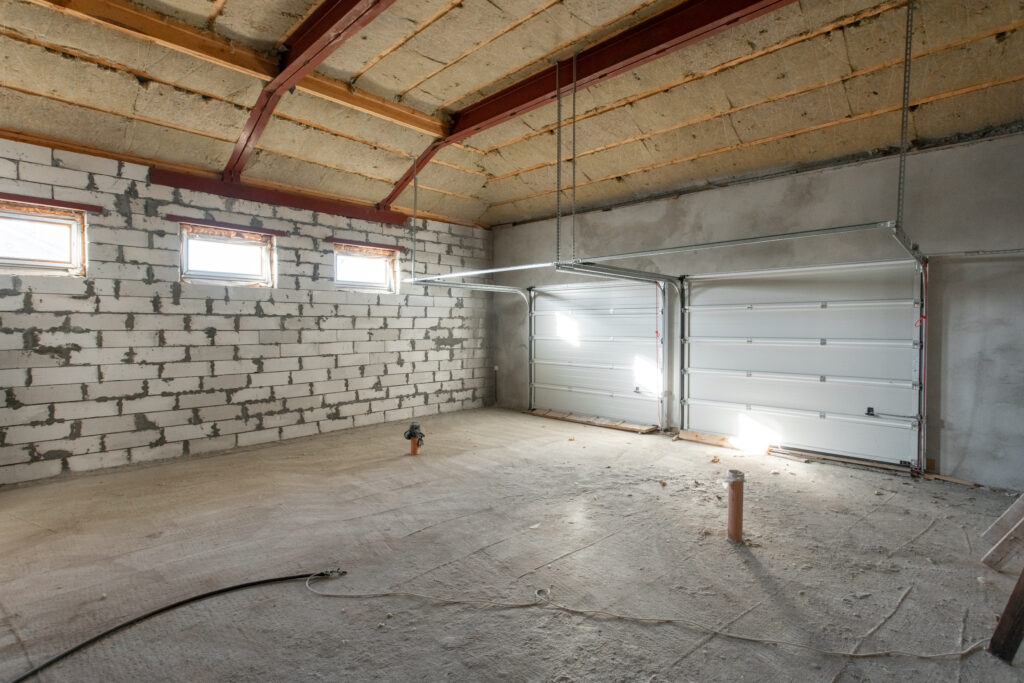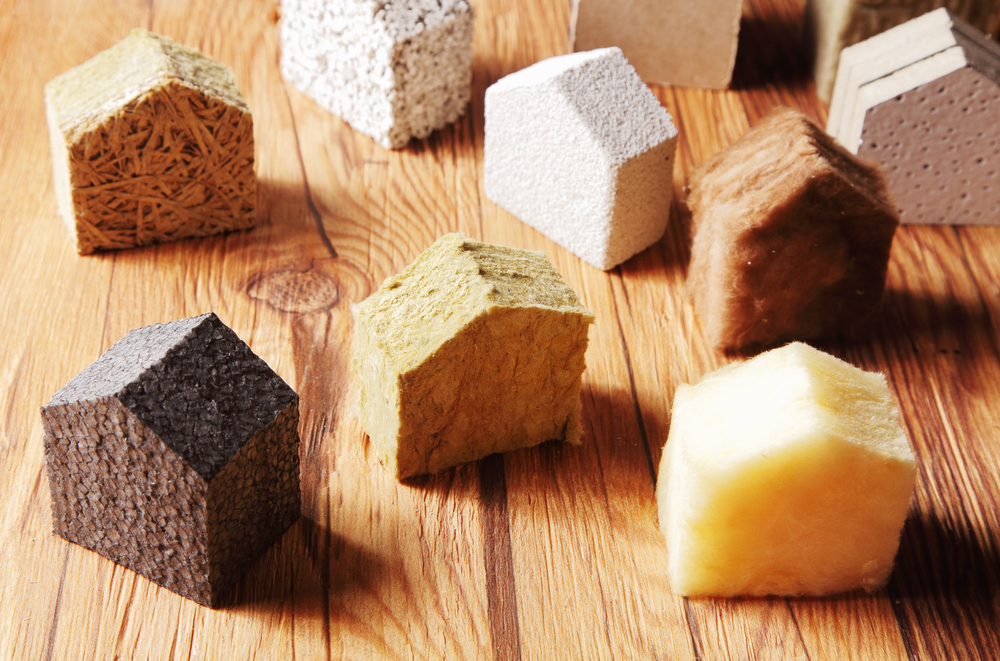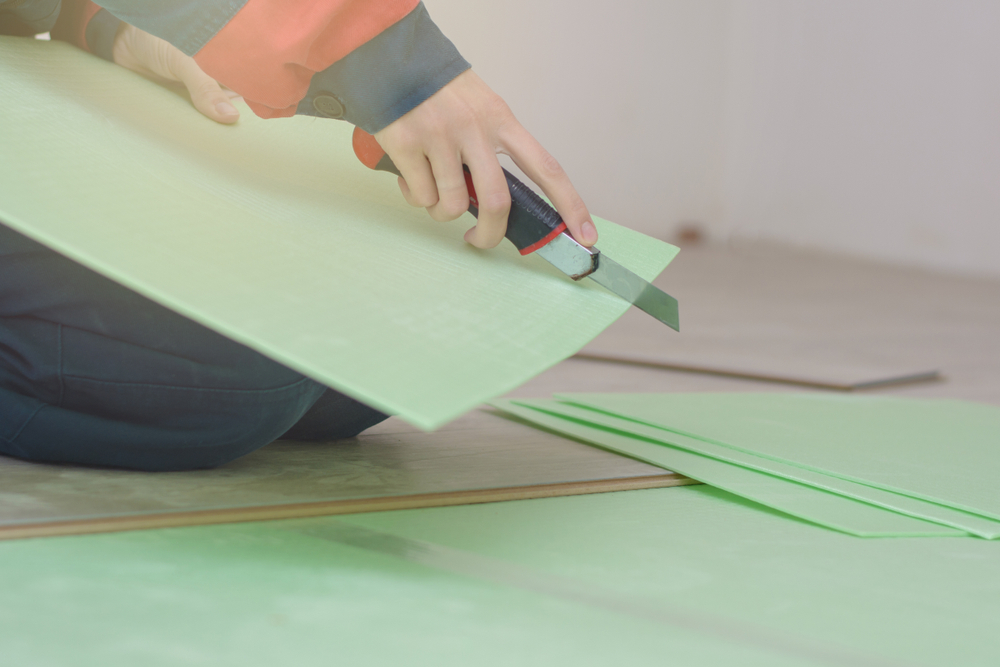Insulation
(318 Products)Insulation should always be the starting point when upgrading or renovating a home. It’s a simple fix with big returns - improving comfort, reducing energy use, and bringing buildings up to modern standards.
From mineral wool rolls that slot between rafters to foil insulation for tight spots, there’s an insulation solution for every space.
What Is Insulation?
Insulation refers to a wide range of materials designed to control the movement of heat, sound, moisture, and fire within a building’s structure.
Installed throughout floors, walls, roofs, and service voids, insulation improves energy efficiency, comfort, and safety - helping properties meet ever-tightening building regulations while also lowering operational costs.
At its core, insulation creates a barrier that slows down the natural transfer of heat. Heat moves from warmer areas to cooler ones - rising through roofs in winter or entering through walls in summer.
Without insulation, indoor temperatures become harder (and more expensive) to control, placing strain on heating and cooling systems. Effective insulation ensures that warmth stays inside during cold weather and outside during hotter spells, reducing the need for constant energy input.
At Materials Market, we offer insulation in the form of:
Common Types of Insulation
- Fibrous Insulation: This includes materials like mineral wool (rock wool or glass wool) and natural alternatives such as sheep's wool or cellulose (often from recycled paper). These materials work primarily by trapping air within their fibrous structure, providing good thermal and often acoustic insulation. They are commonly available in rolls or semi-rigid batts.
- Rigid Foam Boards: Products like Polyisocyanurate (PIR), Extruded Polystyrene (XPS), and Expanded Polystyrene (EPS) offer high thermal resistance for their thickness. These boards are lightweight, strong, and often have good moisture resistance, making them suitable for floors, walls, and roofs.
- Reflective Foil Insulation (Radiant Barriers): Typically comprising one or more layers of reflective foil bonded to a substrate, these materials work by reflecting radiant heat. They are most effective when combined with an air space and are often used in roof and wall assemblies.
Key Application Areas for Insulation
To be effective, insulation must be applied strategically throughout the "building envelope" - the boundary between the conditioned interior and the unconditioned exterior.
Key areas include:
- Loft/Roof Insulation: This is often the most cost-effective place to insulate, as a significant amount of heat is lost upwards. Rolls of fibrous insulation laid between and over ceiling joists are common.
- Wall Insulation:
- Cavity Wall Insulation: Filling the gap between the inner and outer leaves of a masonry wall.
- Internal Wall Insulation (IWI): Adding insulation to the inside face of external walls, often using rigid boards or insulated plasterboard.
- External Wall Insulation (EWI): Applying insulation to the outside of external walls, then rendering or cladding over it - highly effective but often more costly.
- Floor Insulation: Crucial for ground floors, whether suspended timber (insulation between joists) or solid concrete (insulation laid above or below the slab).
- Pipes and Hot Water Cylinders: Insulating hot water pipes and cylinders reduces heat loss, saving energy and ensuring hot water stays hotter for longer.
- Windows and Doors: While not "insulation material" in the same sense, high-performance double or triple glazing and well-sealed, insulated door sets are vital components of an insulated building envelope. Draught-proofing is also key.
Addressing all these areas comprehensively creates a continuous thermal barrier, minimising heat loss in winter and reducing heat gain in summer.
Benefits of Insulating Your Home
While thermal control is the primary driver, effective insulation brings a host of other valuable benefits:
- Acoustic Performance: Many insulation materials, particularly dense fibrous types like rock wool, offer excellent sound absorption and can significantly reduce noise transmission between rooms, from outside, or between floors.
- Condensation Control: By keeping internal surface temperatures above the dew point, insulation helps prevent surface condensation and reduces the risk of interstitial condensation within the building structure, thereby mitigating mould growth and structural damage.
- Improved Building Durability: Consistent internal temperatures and reduced moisture issues contribute to the longevity of building materials and finishes.
- Enhanced Fire Safety: Certain insulation materials, such as mineral wool and some rigid boards, are non-combustible or have fire-retardant properties, contributing to the overall fire safety strategy of a building.
How To Install Insulation
How you install insulation will depend on the specific insulation material you're using. However, we offer various blogs and resources on how to install insulation, including detailed guides such as "How to Install Celotex."
These resources provide step-by-step instructions tailored to different insulation materials and applications, helping you with your insulation installation project.
Frequently Asked Insulation Questions
What Are The Three Primary Modes Of Heat Transfer?
- Conduction is the transfer of heat through a solid material. Insulation materials with low thermal conductivity slow this process down.
- Convection is heat transfer through the movement of fluids (liquids or gases, including air). Many insulation types work by trapping air in small pockets, preventing convective currents from carrying heat away.
- Radiation is the transfer of heat in the form of electromagnetic waves. Reflective insulation materials, such as foil facings, are designed to reflect radiant heat.
What Areas Of The Home Should Be Insulated?
The key areas you should target when tackling home insulation are the roof, loft and exterior walls.
Since heat rises, your roof and loft are the biggest heat-loss culprits. And as a third of all heat lost from an uninsulated house leaks out through the walls, wall insulation is also crucial when it comes to preventing heat loss and adding comfort to a living space.
The aim of thermal insulation is to create a thermal envelope around a building so it uses less energy. It's essentially like wrapping a big scarf around the walls and popping a woolly hat on the roof to keep the warmth in.
What Are My Options When Choosing Insulation?
The insulation market is brimming with choices; with fibreglass, rock mineral wool, foam, and so many more products to choose from.
There are a few things to factor in before making an insulation purchase:
- Thermal performance
- Fire safety
- Resistance to moisture
- Cost
- Durability
Choosing the right insulation product to suit your project is vitally important, we have insulation material for commercial and domestic projects. Please note you should always get professional insulation industry advice before installing insulation.
When installing PIR, take care not to squash the boards as this will reduce their insulation value.

.jpg)
.jpg)
.jpg)
.jpg)
+-+Photo.jpg)
.jpg)
.jpg)

